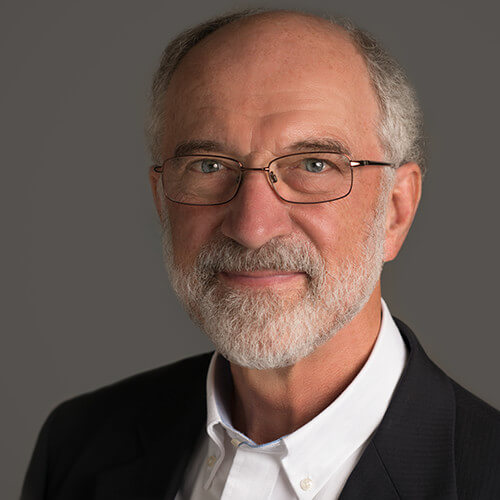It’s been said, “Everybody complains about the weather, but nobody does anything about it.” and “Snow has become a four letter word.” Grumbling has settled over the country like a freezing drizzle over Atlanta. It has been one of the coldest, hardest winters in decades. Typical days are 20 degrees colder than the average temperatures for that day. Just when you think you survived the latest extreme cold snap and expect things to return to normal, the 10-day forecast warns of more snow and extreme cold ahead.
It’s enough to challenge the optimism and acceptance of the most philosophical of souls. Some begin to feel catastrophically assaulted by nature and fight off depression, cabin fever, and pessimistic personal forecasting in their lives. But, in the end, it’s just weather, just a very hard winter. It’s an opportunity to have one of those memorable, shared life ordeals… the Winter of 2014!
Here are a few tips to help you survive this relentless winter:
1. Don’t Personalize the Weather.
Old Man Winter is not out to get you! Psychologists say that what you focus on increases. By fretting and dreading, we increase our discomfort. So complaining is OK, and wishing for Spring is good, but flying to Miami is better.
2. “Play” with the Cards You are Dealt.
Kids love snow, why don’t you? Get out and walk in a snowy forest preserve, brave a short walk in a snowstorm, go to a winter festival (ice carvings, ice fishing, kites on ice, ice skating). Keep fun and adventure in your life even in bad weather.
3. “Attitude” toward Cozy
Build a fire, watch a movie with a blanket, throw more dinner parties. Take more time to bake, cook, nap, pleasure read, and hold your kids on your lap while they sleep. Find the warmth in life especially when it’s cold.
































































